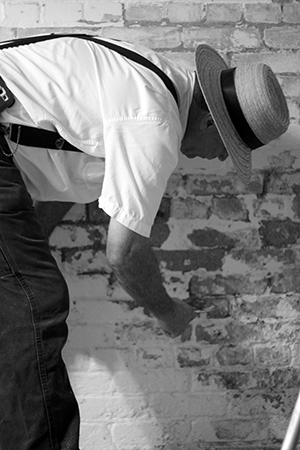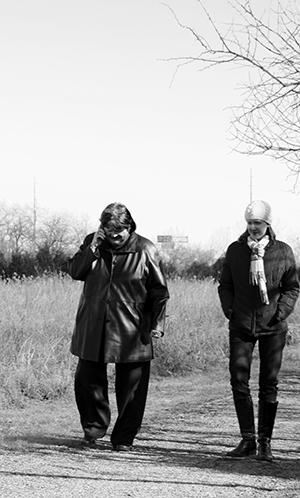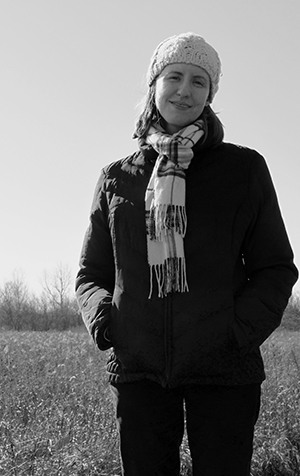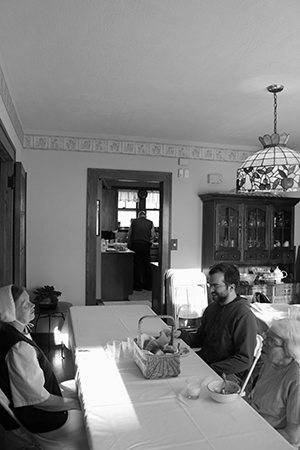
Are all apostles? Are all prophets? Are all teachers? Do all work miracles? Do all possess gifts of healing? Do all speak in tongues? Do all interpret? But strive for the greater gifts. -1 Corinthians 12:29-31a
In the Quaker tradition, we have found that God gives spiritual gifts to the whole community – the body of Christ. These gifts manifest in the lives of individual members of the body, but their purpose is to build up the life of the whole church, not merely to satisfy the individual.
The Quaker understanding of spiritual gifts is one deeply rooted in our experience of God’s action in history. We have found that the Spirit does not give gifts randomly, or according to mechanistic laws nature. Rather, God pours out gifts in particular times to particular individuals in the context of particular communities.
 The gifts of the Spirit are an important way that Jesus continues his ministry on earth today. He heals the sick, teaches us, gathers communities, cares for the flock, and declares the truth to an unbeliving world. He does all of this through us, his friends, by the power of the Holy Spirit that he has sent us.
The gifts of the Spirit are an important way that Jesus continues his ministry on earth today. He heals the sick, teaches us, gathers communities, cares for the flock, and declares the truth to an unbeliving world. He does all of this through us, his friends, by the power of the Holy Spirit that he has sent us.
Sometimes, though, it seems like God has not given us all the of the spiritual gifts we need to carry out our mission. Maybe my community needs more teaching ministry, but no one in the group appears particularly gifted to teach. Or perhaps we feel called to engage in greater outreach to those around us, but none of us seems called and equipped for the work of evangelism. What do we do in these times, when the call that God has put on our heart seems to run counter to our community’s competency?
It seems to me that there are several possibilities here. One would be that we’ve misheard God. We think we’re called to a particular form of ministry as a community, but in fact we’re called to something else. If that’s the case, it shouldn’t be surprising that we don’t have the gifts we think we need!
 Another possibility is that we do, in fact, have the gifts we need; we’ve just failed to recognize them. This possibility suggests that we should develop ways to help each person in our community discern their spiritual gifts, and to exercise them. What does it look like for our communities to always be discerning our spiritual gifts and encouraging one another to put them to use?
Another possibility is that we do, in fact, have the gifts we need; we’ve just failed to recognize them. This possibility suggests that we should develop ways to help each person in our community discern their spiritual gifts, and to exercise them. What does it look like for our communities to always be discerning our spiritual gifts and encouraging one another to put them to use?
But what if neither of these are true? What if God really is calling us to a particular ministry, and what if we honestly don’t have the spiritual gifts necessary to get the job done? I believe I’ve seen this happen on a number of occasions, and it’s deeply frustrating. More than that, it calls into question the Quaker doctrine that God does not call us to any service without also equipping us to be faithful.
How should we respond if our community truly feels called, but honestly doesn’t feel equipped to carry out the calling? Could it be that God is inviting us to receive greater gifts, both as individuals and as a community? What does it mean to strive for the greater gifts that only God can give?
 I’m not sure how this all works metaphysically, but I do know that my community and I desperately need God’s guidance and power to live into the mission that Jesus is calling us to. I’m praying that God will send us the gifts of teaching, to help us better understand and integrate the good news of the kingdom into our lives. I’m asking that God will bless us with the gift of evangelism, showing us how to radiate Christ’s love into a world that does not know him. I’m seeking God’s help to raise up leaders who are ready to dedicate themselves to a life of discipleship and service to others – healing the sick, raising the dead, cleansing the lepers, casting out demons and announcing the arrival of God’s kingdom.
I’m not sure how this all works metaphysically, but I do know that my community and I desperately need God’s guidance and power to live into the mission that Jesus is calling us to. I’m praying that God will send us the gifts of teaching, to help us better understand and integrate the good news of the kingdom into our lives. I’m asking that God will bless us with the gift of evangelism, showing us how to radiate Christ’s love into a world that does not know him. I’m seeking God’s help to raise up leaders who are ready to dedicate themselves to a life of discipleship and service to others – healing the sick, raising the dead, cleansing the lepers, casting out demons and announcing the arrival of God’s kingdom.
Are there spiritual gifts that seem lacking in your community? What discernment have you done around your shared sense of calling and assessment of the spiritual gifts already present in the body? What would it look like for your community to strive for the greater gifts? Do we have the courage to confess, like Moses did, that we can’t do this on our own – that we need God to act in our lives?